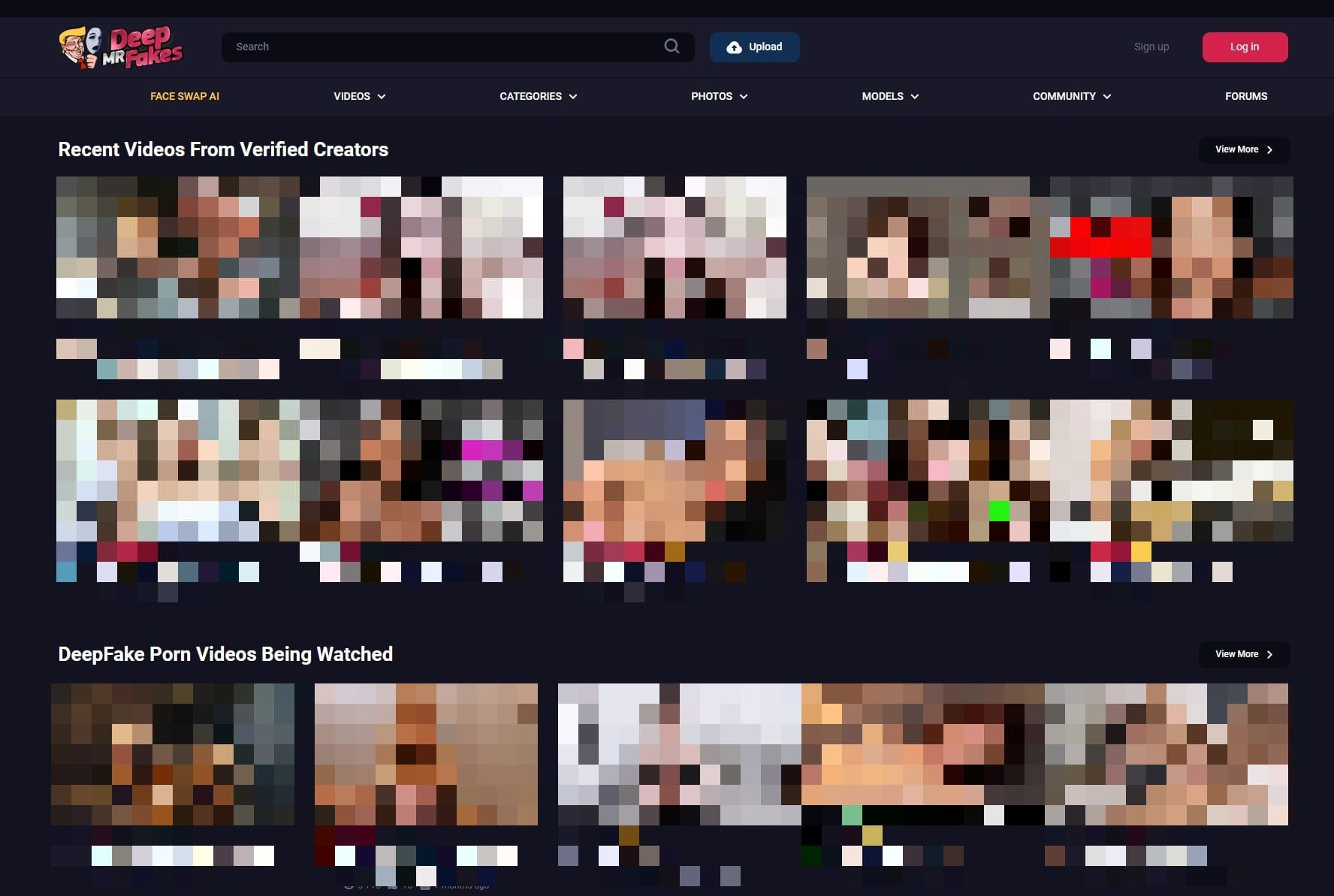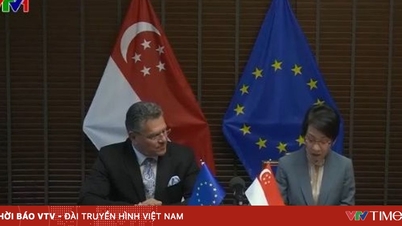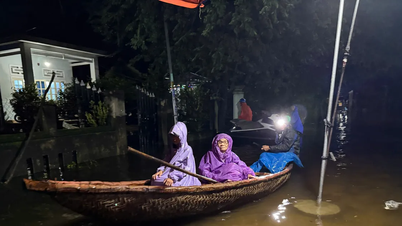“A key service provider has permanently terminated the service. Data loss has rendered it impossible to continue operations,” reads a message when users visit Mr. Deepfakes. At the time of writing, the site’s forums and videos are inaccessible. “We will not be relaunching. Any website claiming this is a fake. This domain will expire and we are not responsible for future use. The message will be deleted in approximately a week.”

It is unclear who Mr. Deepfakes’ service provider is. The owner of the website is also a mystery, although in January, German newspaper Der Spiegel identified him as a 36-year-old man living in Toronto, Canada, and working at a hospital.
According to Hany Farid, a professor at UC Berkeley and one of the leading experts on digitally manipulated images, this is an important victory for victims of non-consensual pornography (NCII). However, many similar websites are still operating and helping a series of advertising and financial service providers... profit.
Since 2017, deepfake porn videos have started to appear and be shared. In the videos, the author superimposed the faces of celebrities onto porn clips. This behavior quickly spread throughout the corners of the Internet, but no website has developed, distributed, and monetized deepfake porn like Mr. Deepfakes. Some other sites like Reddit have issued bans on deepfake porn and other types of non-consensual content.
Mr. Deepfakes allows users to upload videos and connect with other creators – who sell services and create videos on demand. They are often compensated in cryptocurrency.
Mr. Deepfakes users also communicate with each other, exchange techniques, tools, and applications to create deepfake videos, as well as share data sets to recreate real-life characters.
According to 404 Media, although Mr. Deepfakes has closed, the consequences it left behind are not over. The community built from this website has moved to operate on Telegram. Tools and applications are also widely shared on the Internet. Even Apple and Google have had difficulty blocking them, while Instagram has struggled to combat their advertising on the platform.
(According to 404 Media)

Source: https://vietnamnet.vn/website-deepfake-khieu-dam-lon-nhat-the-gioi-dong-cua-2397963.html


![[Photo] Prime Minister Pham Minh Chinh chaired a meeting to evaluate the operation of the two-level local government model.](https://vphoto.vietnam.vn/thumb/1200x675/vietnam/resource/IMAGE/2025/10/29/1761751710674_dsc-7999-jpg.webp)


![[Photo] Hue: Inside the kitchen that donates thousands of meals a day to people in flooded areas](https://vphoto.vietnam.vn/thumb/1200x675/vietnam/resource/IMAGE/2025/10/29/1761738508516_bepcomhue-jpg.webp)
![[Photo] Prime Minister Pham Minh Chinh chaired a meeting to discuss solutions to overcome the consequences of floods in the central provinces.](https://vphoto.vietnam.vn/thumb/1200x675/vietnam/resource/IMAGE/2025/10/29/1761716305524_dsc-7735-jpg.webp)
![[Photo] Human love in the flood in Hue](https://vphoto.vietnam.vn/thumb/1200x675/vietnam/resource/IMAGE/2025/10/29/1761740905727_4125427122470875256-2-jpg.webp)































































![[Live] Concert Ha Long 2025: "Heritage Spirit - Brightening the Future"](https://vphoto.vietnam.vn/thumb/402x226/vietnam/resource/IMAGE/2025/10/29/1761743605124_g-anh-sang-am-thanh-hoanh-trang-cua-chuong-trinh-mang-den-trai-nghiem-dang-nho-cho-du-khach-22450328-17617424836781829598445-93-0-733-1024-crop-1761742492749383512980.jpeg)






























Comment (0)